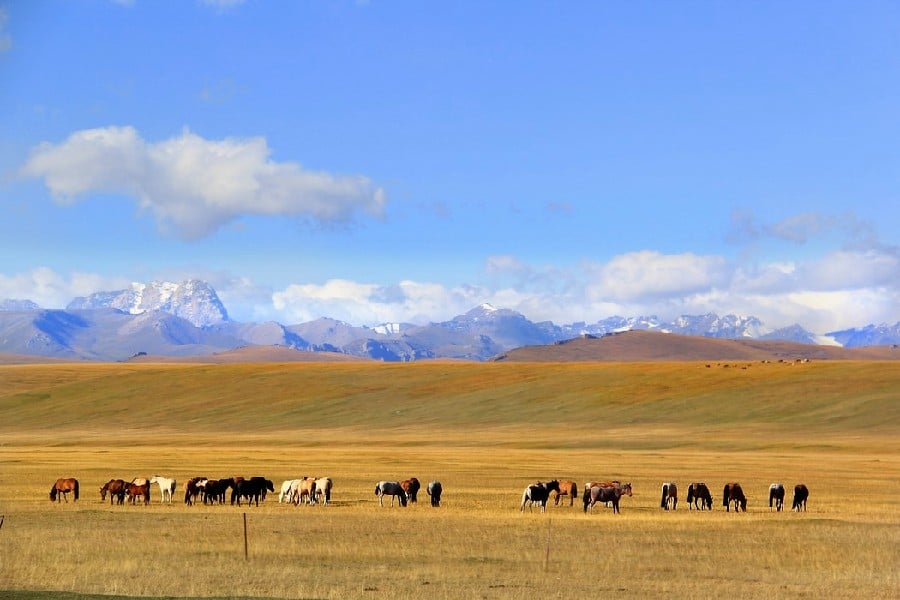
The Australian Senate has just voted in favour of a bill that will ban goods made partially or wholly from forced labour from being imported. Independent senator Rex Patrick introduced the bill last December in the hope that it would send a clear message to China about their use of Uyghur forced labour. Since then, he has changed the language surrounding the bill after he was advised by a bipartisan committee to refrain from specifically mentioning China in order to increase the chances of it being passed.
The move comes after China's growing mistreatment of Uyghur population in its Xinjiang territory, with human rights groups accusing China of genocide. So far we've witnessed reports of "re-education camps" where Uyghur people are being used for forced labour and women are being sterilised against their will. China has denied all allegations of human right violations and has instead said these camps are in place to ward off separatism and Islamic militancy in the region.
Senator Rex Patrick said, "Under this bill, the importation into Australia of any goods found to have been produced by forced labour, will be subject to the penalties under the Customs Act. The bill is, I acknowledge, something of a blunt instrument."
"But that's what's needed to thwart modern slavery, especially China's resort to massive use of forced labour. Action cannot be further delayed," he continued.
The bill needed the support of the Coalition to be passed as Labor, the Greens and the cross-bench had already signalled they were on board. It closed what is seen as a 'loophole' in the Customs Act, preventing Australia from importing goods made through forced labour. What the bill points to is how the denial of human rights in production and manufacturing is indeed unethical and also derails our own industry, by upholding unrealistic standards where we can't compete.
The United Nation's International Labour Organisation define forced labour as "situations in which persons are coerced to work through the use of violence or intimidation, or by more subtle means such as accumulated debt, retention of identity papers or threats of denunciation to immigration authorities."
This piece of legislation mirrors a similar bill passed in the U.S in July this year. The Uyghur Forced Labor Prevention Act assumes all products made in China's Xinjiang region are made with forced labour and are thus prohibited.
According to SBS, it is estimated that there are up to 46 million people subject to slavery across global production chains, not just in China.
Images: Unsplash



